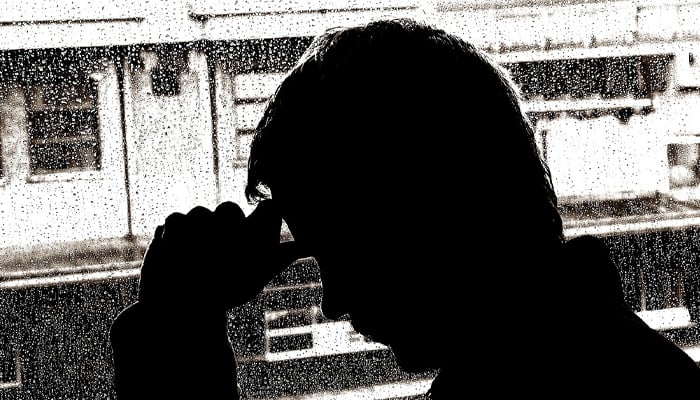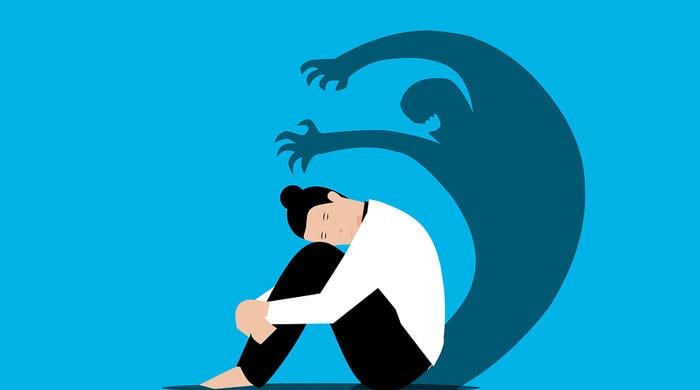Discover if you are mentally and physically affected by loneliness
This is a simple yet elaborate guide on loneliness
April 22, 2024

What is Loneliness?
Loneliness is a rather complex mental and emotional state of the mind which is indicated when an individual starts experiencing isolation and disconnection from others, despite their desire to interact with people and have a social life.
Anyone can be struck with loneliness, regardless of their age or background which results in significant effects on mental as well as physical health.
Impact of loneliness on Mental Health:

Loneliness can trigger several mental health problems such as leading to the development of depression, anxiety, and low self-esteem.
People who undergo loneliness often experience a constant range of negative emotions ranging from sadness to worthlessness.
Their lack of social connections adds to the difficulty a lonely individual experiences in sharing their feelings or seeking help, which ends up worsening their mental health problems.
Loneliness and its toll on Physical Health:

Apart from mental health, loneliness also has surprisingly alarming effects on the physical health of a person.
Research published by the WHO in a report titled, Our Epidemic of Loneliness and Isolation, deemed loneliness to be as harmful as smoking 15 cigarettes per day.
This increases the risk of cardiovascular disease, stroke, and other stress-related conditions along with a weaker immune system which makes a lonely person more prone to falling sick.
Addressing Loneliness:

Recognizing the condition of loneliness and addressing it requires a proactive approach which involves the establishment and maintenance of meaningful relationships.
Additionally, seeking professional help when necessary, can help manage loneliness and its effects on one’s health.
Speaking with respect to the current era, technological gadgets can also offer solutions loneliness as an individual can have social interactions via virtual meetups or social media connections.
However, a person must realize that there is no equivalent replacement of face-to-face interactions as active social engagement and interactions are of prime importance in addressing the silent epidemic of loneliness.











